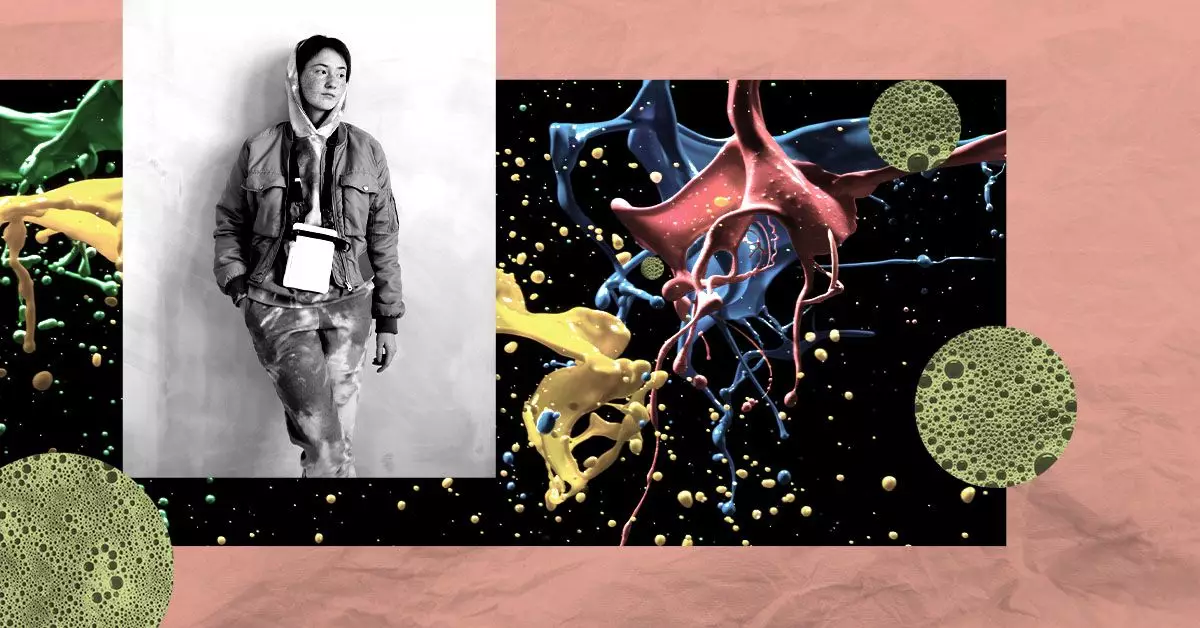Hormones are essential chemical messengers that impact various tissues and organs in the body, influencing their behavior and functions. These molecules play a crucial role in regulating a wide range of bodily processes, such as sleeping, waking, digestion, mood, and nutrient absorption. While discussions around hormones often revolve around sex hormones like estrogen and testosterone, it’s important to understand that hormones are integral to many bodily functions beyond just reproductive health.
The endocrine system is responsible for producing and releasing hormones into the bloodstream to regulate bodily functions. This intricate system comprises several endocrine glands, such as the thyroid, pituitary gland, testes, ovaries, and pancreas, each producing specific hormones essential for various bodily processes. In total, scientists have identified over 50 different hormones in the human body, with the possibility of more yet to be discovered.
There are several main types of hormones produced by the body, including steroid hormones, peptide hormones, and amine hormones. Steroid hormones, derived from cholesterol, are insoluble in blood and include important sex hormones like estrogen and testosterone. Peptide hormones, composed of three or more amino acids, are soluble in blood and regulate functions like metabolism and blood sugar levels. Amine hormones, derived from amino acids, also play critical roles in various bodily processes.
In females, sex hormones like estrogen and progesterone play a vital role in sexual development, puberty, fertility, and libido. The ovaries are the primary source of these hormones, which can fluctuate significantly throughout life due to factors like the menstrual cycle and menopause. On the other hand, testosterone is the primary male sex hormone responsible for developing secondary sexual characteristics and maintaining muscle and bone health. Testosterone is mainly produced by the testes and undergoes metabolism into dihydrotestosterone and estradiol.
As individuals age, hormone levels can naturally decline, particularly in the case of sex hormones. For females, estrogen and progesterone levels decrease significantly at menopause, while males experience a gradual reduction in testosterone production later in life. Various factors like surgeries, medical treatments, autoimmune diseases, and chronic conditions can also impact hormone levels, leading to imbalances that may manifest in symptoms such as irregular menstrual cycles, fatigue, mood swings, and weight fluctuations.
Recognizing and addressing hormone imbalances is crucial for maintaining overall health and well-being. However, diagnosing hormone imbalances based solely on symptoms can be challenging due to the overlap with other conditions. Consulting with a healthcare provider is essential for proper diagnosis and treatment of hormone-related issues. Hormones not only influence reproductive health but also regulate essential bodily functions like metabolism, appetite, mood, and digestion. Therefore, anyone experiencing concerning symptoms should seek medical advice to address potential hormone imbalances effectively.
Hormones serve as intricate chemical messengers that orchestrate a myriad of bodily processes and functions. Understanding the role of hormones, the types of hormones produced by the body, and the impact of imbalances on overall health is essential for promoting well-being and addressing potential health concerns effectively. Hormones play a vital role in our daily lives, influencing everything from our sleeping patterns to our mood and energy levels. By acknowledging the importance of hormones and seeking appropriate medical guidance when needed, individuals can better navigate the complexities of their hormonal health.

